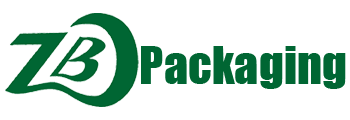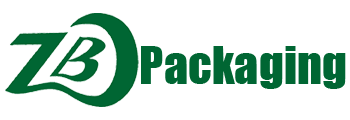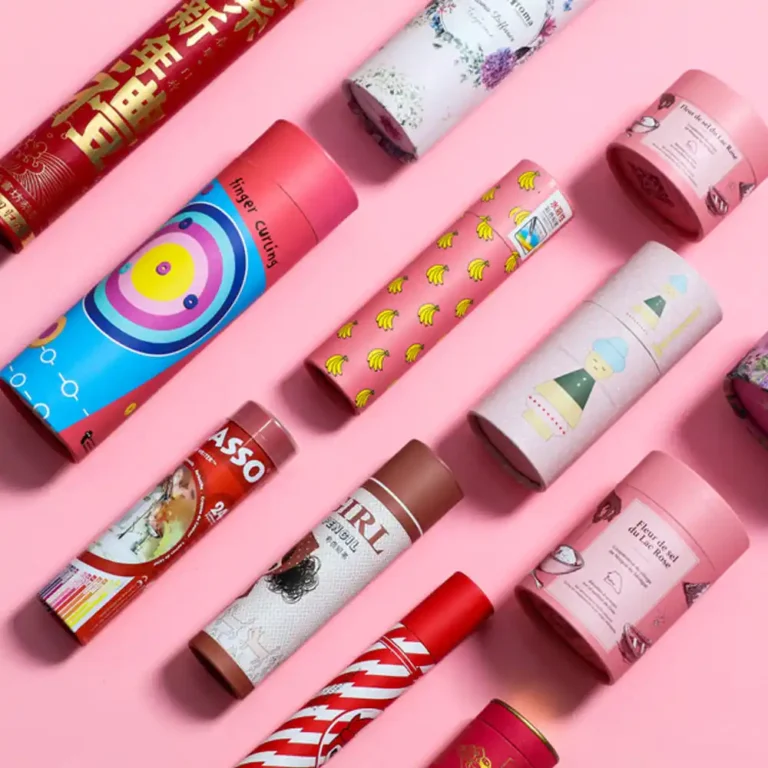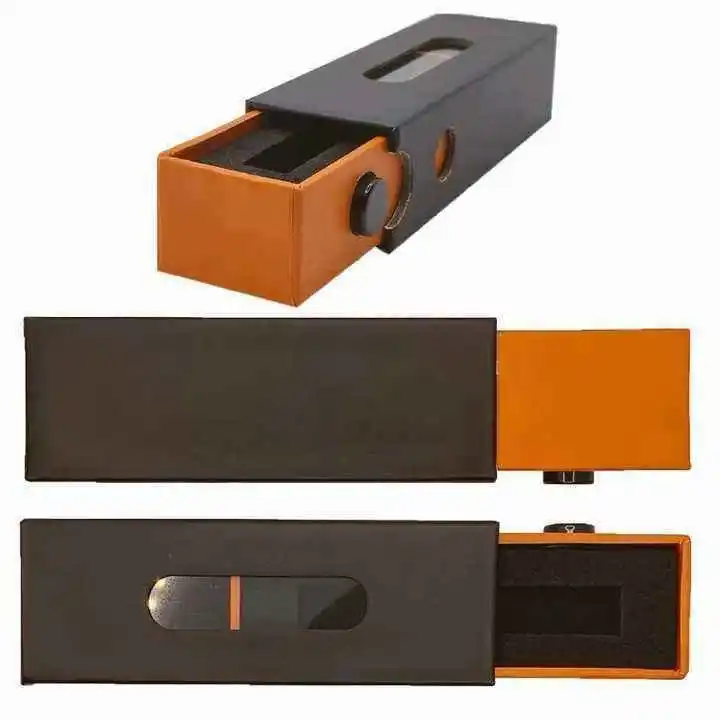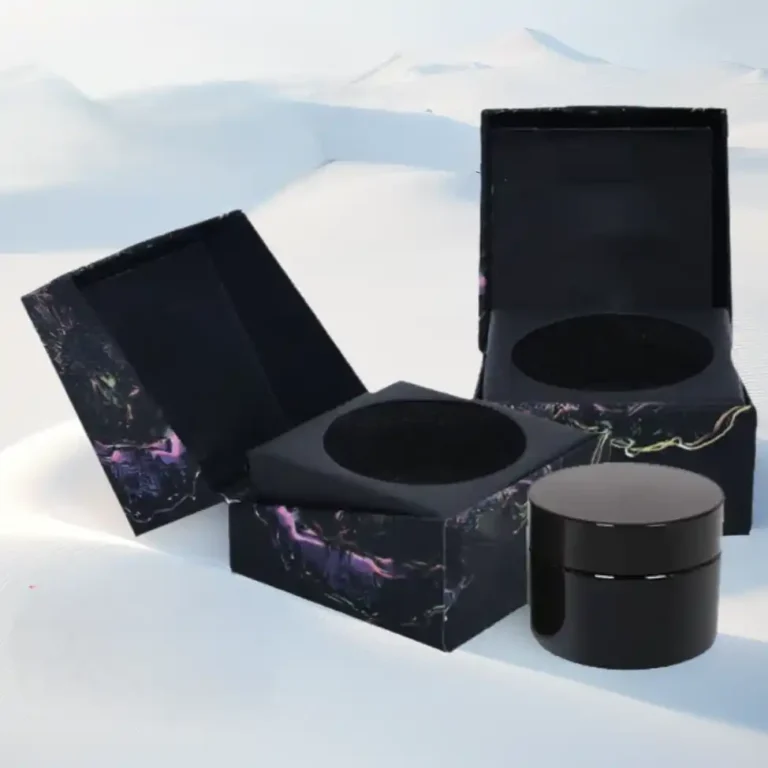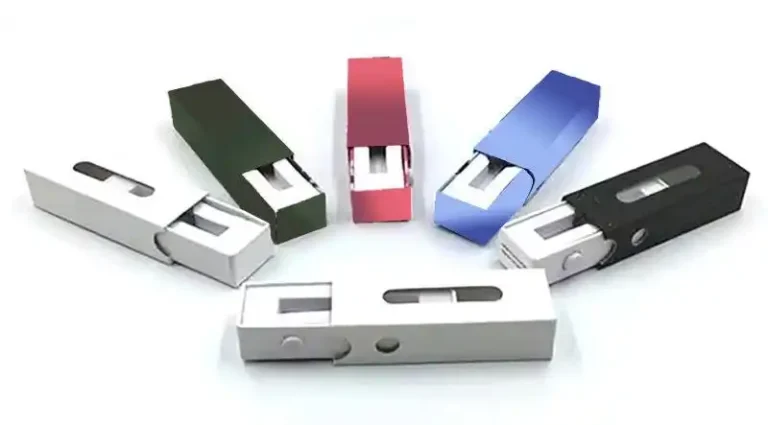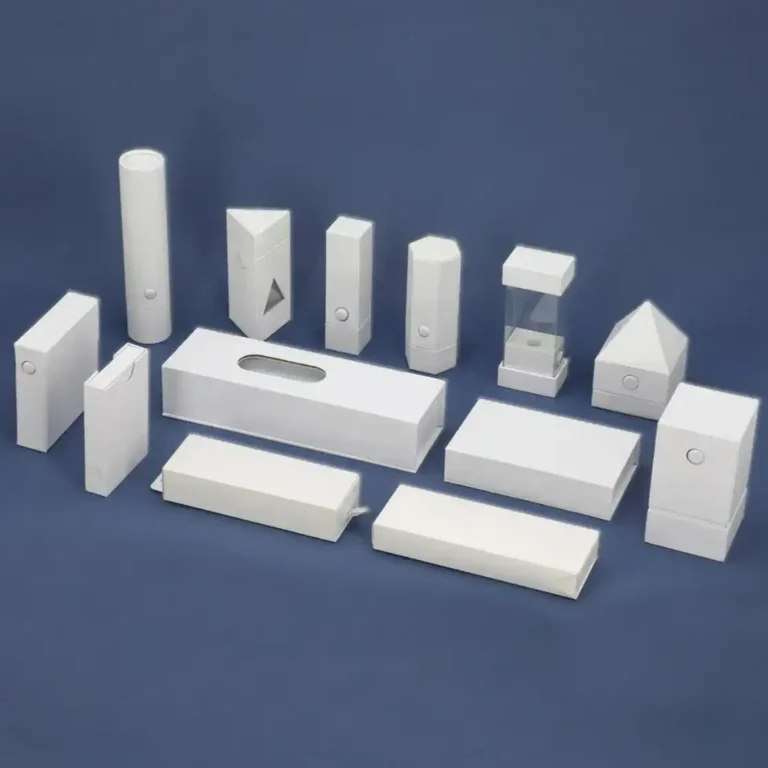Slash Your Packaging Costs and Boost Your Bottom Line: Proven Strategies for 2025
Why is Reducing Packaging Costs Important?
Packaging quietly carries a lot of weight across your P&L. It shapes material spend, labor time, freight, damage rates, returns, and even customer lifetime value. In 2025, buyers expect premium presentation with minimal waste. That means the winners are teams that cut excess, standardize where it counts, and reinvest savings into growth. Smart packaging trims costs without dulling your brand—think fewer components, faster pack-outs, lighter shipments, and right-sized protection that still delights on unboxing.
If you sell across varied SKUs, consider a modular mix: a few core sizes of printed corrugated boxes for e-commerce, premium folding cartons for retail shelves, and specialty formats like paper tube packaging for cylindrical or fragile goods. This balance keeps inventory lean while preserving your brand feel.
Table of Contents
What Factors Contribute to Higher Packaging Costs?
Costs creep in through five usual suspects:
- Materials: over-spec’d board grades, multi-layer laminates, heavy inserts.
- Design complexity: too many dielines, custom tooling for one-off sizes, unnecessary finishes.
- Process inefficiencies: slow assembly, excessive tape, manual fit issues.
- Logistics: dimensional weight penalties, low pallet density, poor cube utilization.
- Quality fallout: scuffs, crush, or moisture damage driving returns and reships.
A quick audit helps: map each SKU’s packaging path from print to doorstep. Flag any touch that doesn’t add protection or brand value. Where you still need giftable quality, look at refined options like collapsible gift boxes that ship flat but stage beautifully.
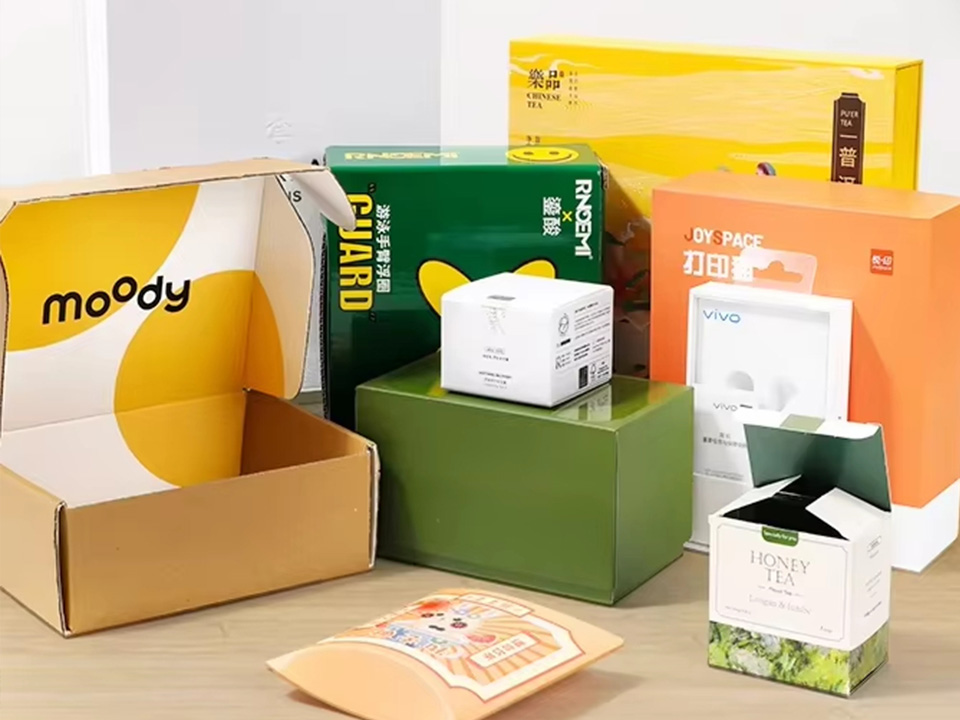
How Can Optimizing Packaging Design Reduce Costs?
Design is your biggest lever. Aim for these wins:
- Standardize footprints: lock a family of sizes that nest well and palletize cleanly.
- Reduce components: replace accessory inserts with die-cut trays or scored folds.
- Engineer for speed: auto-lock bottoms, peel-and-seal closures, tear-strips for returns.
- Specify smart: right board grade, minimal coatings, finishes only where they’re seen.
- Plan for flat-pack: more units per master, lower inbound and storage costs.
For retail presentation, modern structures in folding cartons achieve shelf appeal without piling on weight. For e-commerce, swap heavy void fill for form-fit designs or fiber inserts. And when brand storytelling matters, accessories like sturdy paper gift bags can elevate unboxing without complicating fulfillment.
What are Some Innovative Packaging Solutions for Cost Reduction?
A few proven plays for 2025:
- Mono-material builds that simplify sourcing and recycling.
- Print-on-demand or short-run digital to avoid stale inventory.
- Flat-shipping premium formats such as magnetic closures in a foldable design.
- Retail-ready shippers that convert to displays, tapping cardboard displays to cut setup time.
- Category-specific lines—cosmetic, candle, perfume—that share common tooling across SKUs. Explore curated ranges like cosmetic boxes and perfume boxes to reuse structures and inserts.
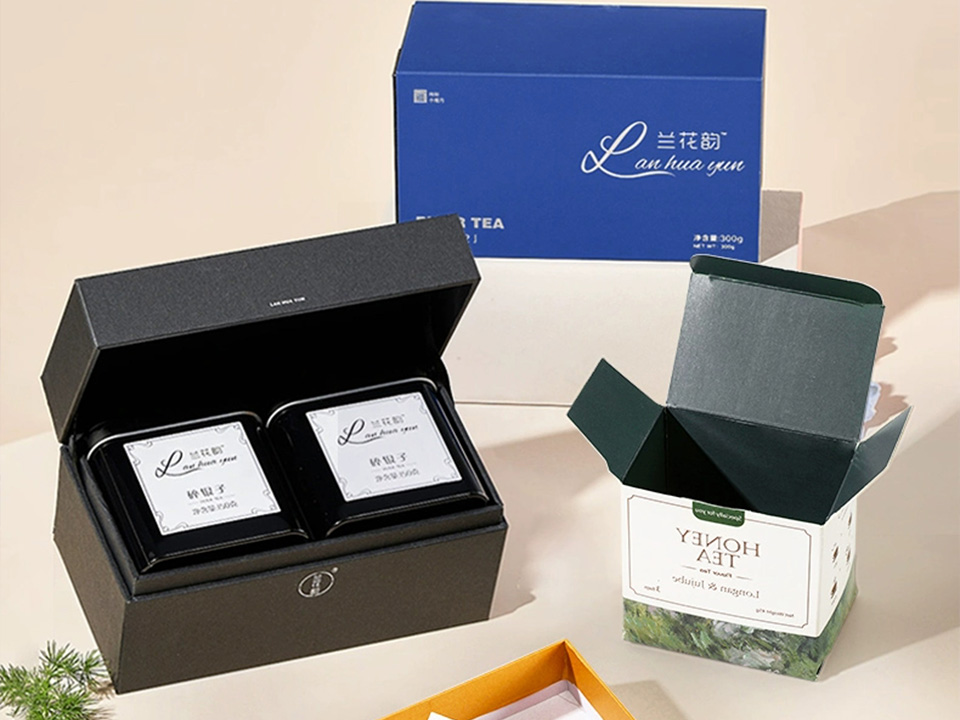
How to Choose the Right Type of Packaging for Your Product and Budget?
Match format to channel, fragility, and brand tier:
- Subscription and D2C: mailers and printed corrugated boxes with quick-seal features.
- Premium gifting: flat-pack rigid or specialty lines from the main products catalog, assembled only as needed.
- Lightweight beauty and accessories: efficient folding cartons or rigid sleeves with minimal inserts.
- Cylindrical or delicate items: protective paper tube packaging.
When in doubt, choose the option that reduces touches at the packing bench and cubes out cleanly in transit.
Can Reducing the Size and Weight of Packaging Save Money?
Yes—consistently. Dimensional weight rules reward tight geometry. Even small trims in length, width, or height can drop a shipment into a lower bracket and improve pallet yield. Lighter inserts reduce both inbound and outbound freight. Test “good-enough protection”: aim for the lightest spec that still clears drop tests and keeps return rates stable. For premium feels without bulk, consider rigid-look designs that assemble from flat, like styles found under collapsible gift boxes.
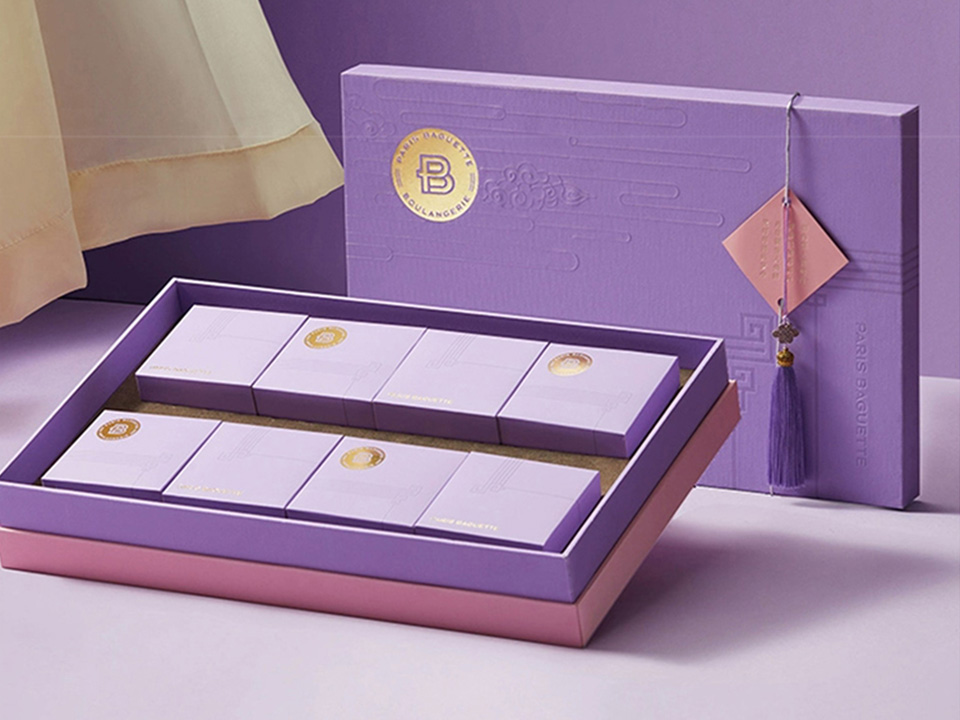
What are the Best Ways to Reduce Shipping Costs Related to Packaging?
- Right-size the shipper to your most common order profiles.
- Consolidate materials to a small family of cartons that cube efficiently.
- Optimize inner packs so each master ships full and palletizes in even layers.
- Use structures that double as shelf displays to remove secondary packaging—see cardboard displays.
- For delicate glass, cosmetics, or candles, switch to engineered fiber or formed pulp where possible; review the dedicated candle boxes line for snug fits that cut void fill.
How to Negotiate Better Rates with Packaging Suppliers?
Show up with data and flexibility:
- Share forecasts by size family, not single SKUs—suppliers plan board buys more efficiently.
- Standardize inks and finishes to unlock economies across runs.
- Bundle related items (e.g., cosmetic boxes, perfume boxes, and inserts) under one negotiation.
- Commit to test cycles: approve a cost-down prototype path (lighter board, simplified insert) if it passes performance checks.
- Keep competitive tension healthy—invite quotes from a curated shortlist via the need a quote channel, then finalize details through contact us.
When you’re ready to explore options or benchmark current specs, start at the homepage and browse the full products library to shortlist structures you can standardize across brands and seasons.




